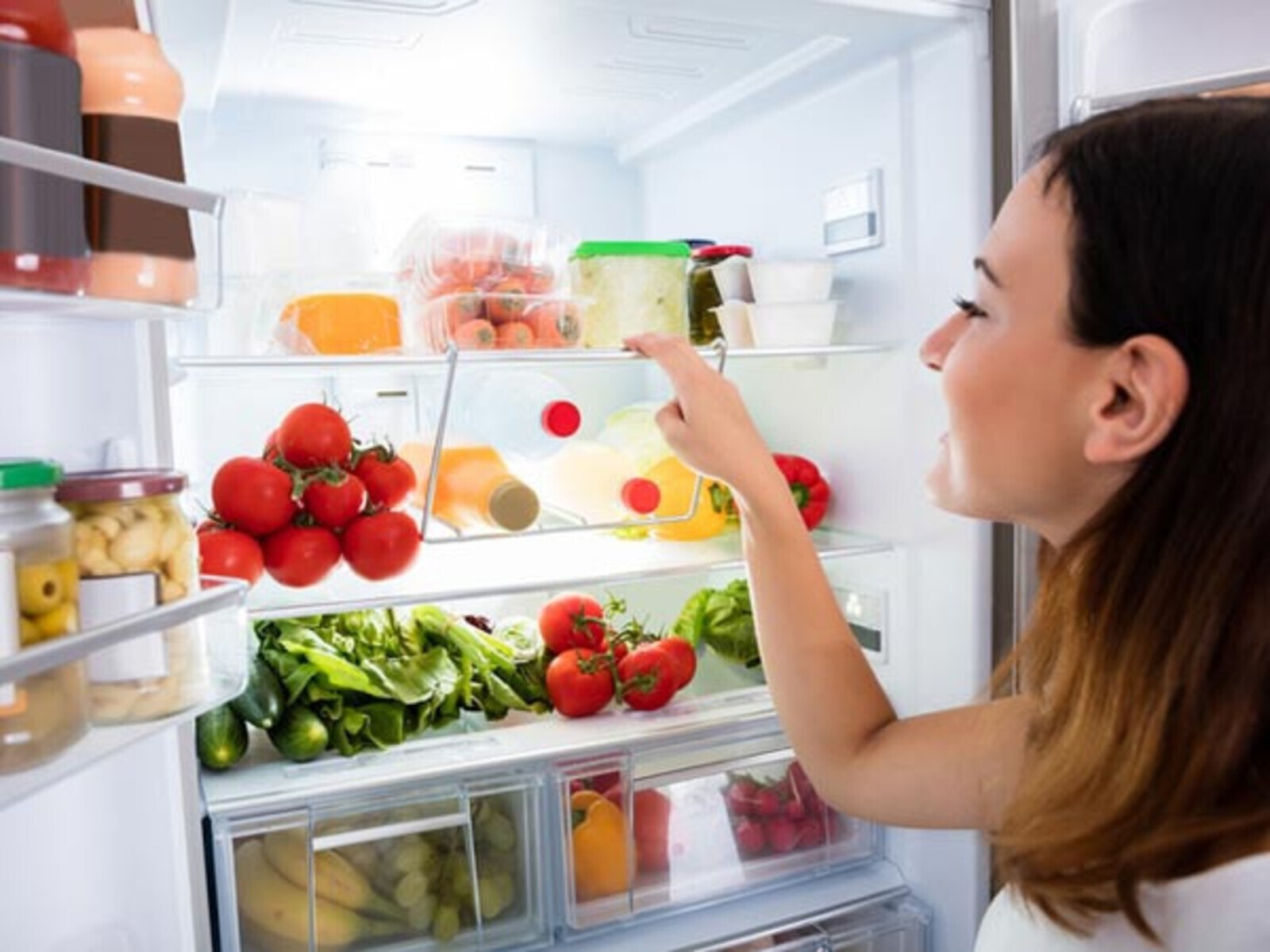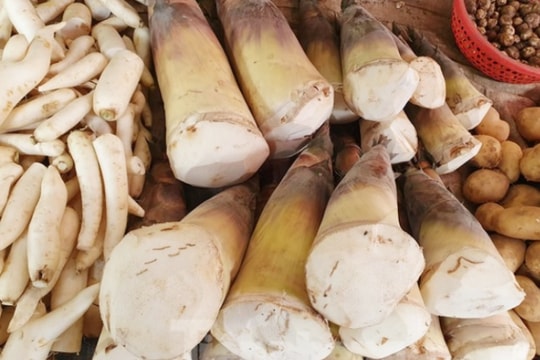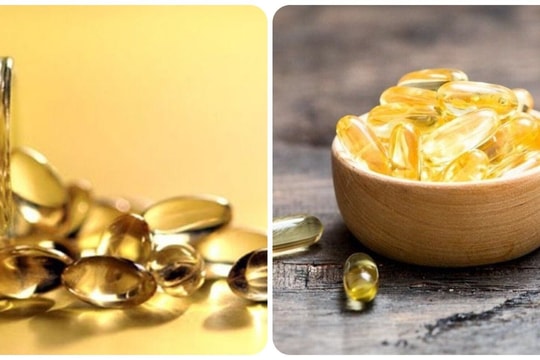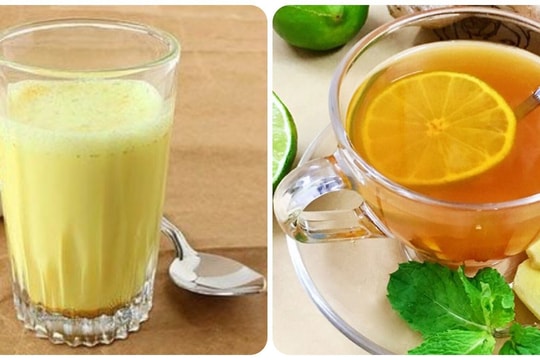5 foods left in the refrigerator for a long time are extremely harmful to health
Refrigerators are a "great helper" in preserving food, but some foods left for a long time will spoil, produce toxins, and be harmful to health.
Cold rice/leftovers
Cold rice and leftovers are ideal environments for the growth of Bacillus cereus, a bacterium that produces toxins that cause vomiting and diarrhea. Slow cooling allows bacteria to multiply. Reheating multiple times does not guarantee complete destruction of bacteria and toxins, increasing the risk of poisoning. Spicy foods, especially spices that spoil easily, can easily produce toxic substances when refrigerated.
Leftover food should be stored in a sealed container in the refrigerator for no more than 2 days. Reheat food to at least 70°C to kill bacteria. Do not reheat food more than 2 times. For leftover rice, cook new rice.
Raw eggs (especially cracked or broken eggs)
Eggshells have small holes that allow Salmonella bacteria to enter and grow. Cracked or broken eggs create a "gateway" for bacteria to enter more easily. A humid refrigerator is a favorable environment for Salmonella to grow. When eggs are refrigerated for too long, the egg whites and yolks can easily spoil.

Choose eggs with clean, intact shells. Wipe the shells clean before storing. Store eggs in separate boxes in the refrigerator and use eggs within 3-5 weeks of purchase. Discard cracked, broken, or smelly eggs. When preparing eggs, cook them thoroughly.
Pre-cut/washed green vegetables
Pre-cut green vegetables are easily oxidized, losing vitamins and minerals. Vegetables washed before storage are easily soggy and crushed. The humid environment in the refrigerator creates conditions for bacteria and mold to grow. Some green vegetables contain nitrates, when stored for a long time in the refrigerator, nitrates can be converted into nitrites, a substance harmful to health.
Green vegetables should be stored intact in plastic bags with air holes, washed before eating. If pre-cut, wrap the vegetables tightly and use within 1-2 days. Vegetables and tubers should be drained and dry when stored in the refrigerator.
Opened canned food
Once opened, food is exposed to air and is susceptible to bacterial contamination. The metal inside the can can be corroded by the acid in the food, releasing heavy metals into the food. Especially acidic foods. Therefore, leftover food should be transferred to a plastic or glass container with a tight lid and used within 1-2 days. Do not use food from a can that is swollen, rusted or dented. Check the expiration date carefully.
Homemade sauces
Homemade sauces, especially those containing eggs or milk, are ideal breeding grounds for bacteria. The quality and flavor of the sauce can change when kept in the refrigerator. Homemade sauces usually do not contain preservatives, so they do not have a long shelf life.
Leftover sauce should be stored in a sealed container in the refrigerator for no more than 1-2 days. Discard sauce that shows signs of change in color, flavor, or texture. When preparing, ensure hygiene and clean ingredients.





